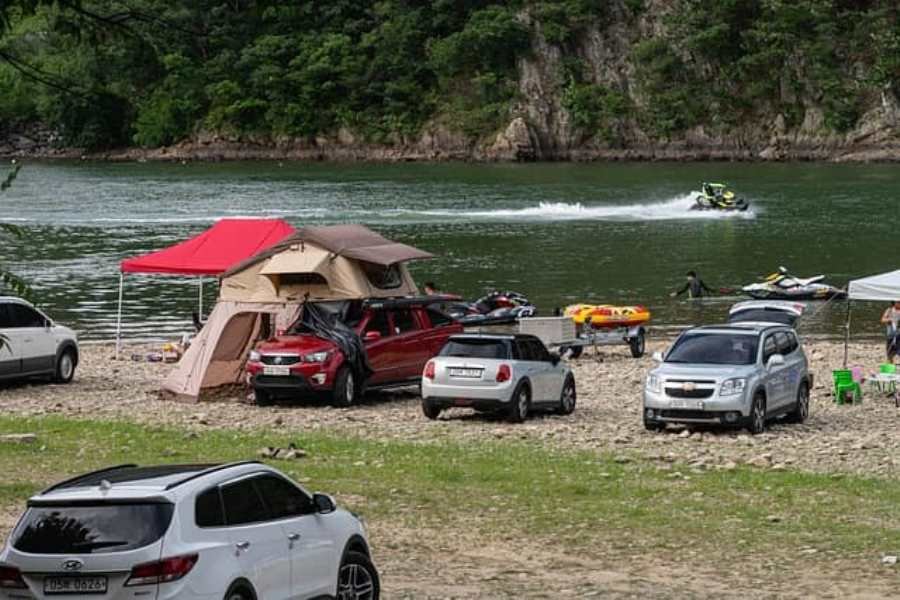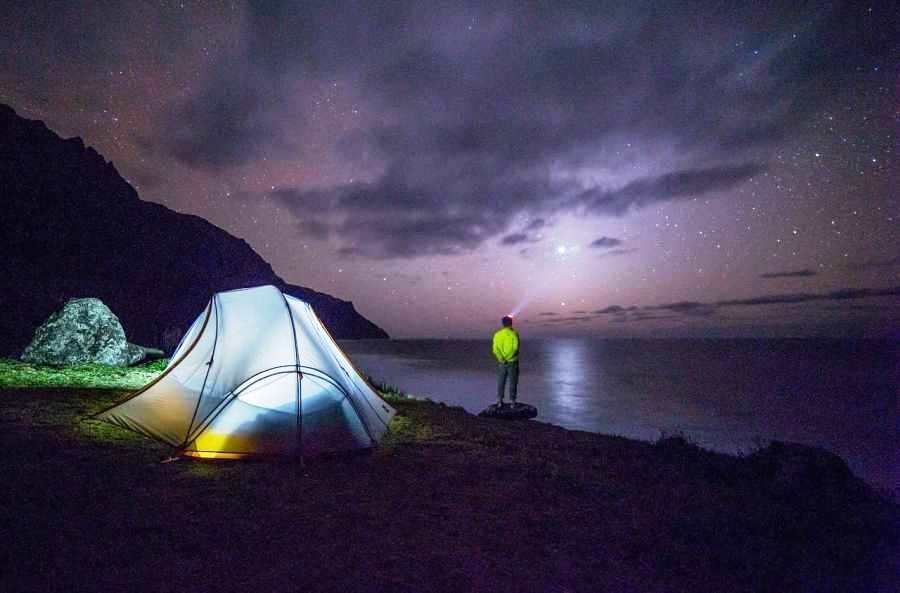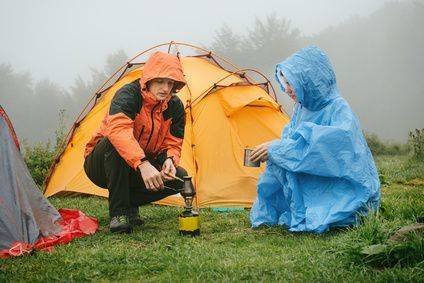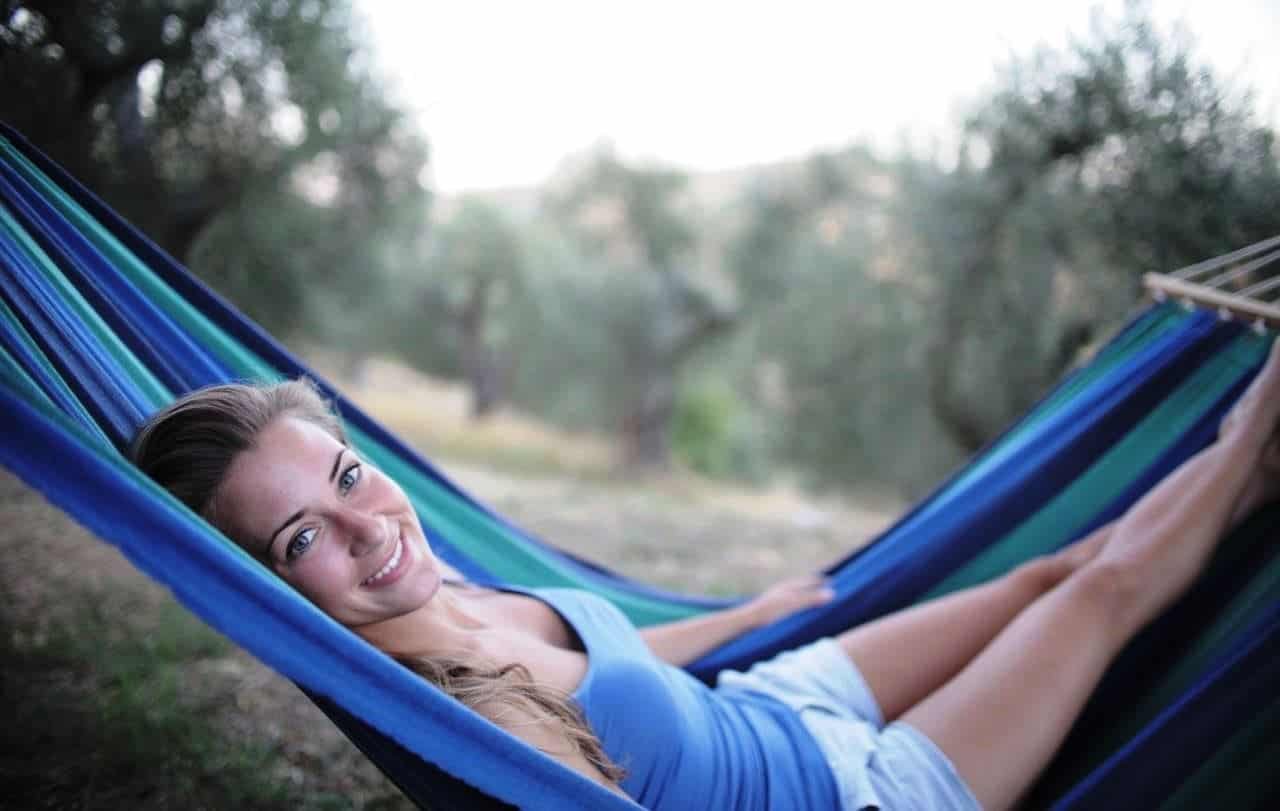No matter what you’re doing out in the woods all day, you want to find a campsite for setting up a tent to get a good night’s sleep. You’re probably already thinking about the new adventures tomorrow will bring.
But you also know that if you don’t rest well, you won’t enjoy it half as much.
There are a lot of things to think about when it comes to tent camping in the bare wilderness.
What about your location? Maybe you’d like the sun to rise on your face, or not.
Keep reading to learn how to find a prime location in the forest.
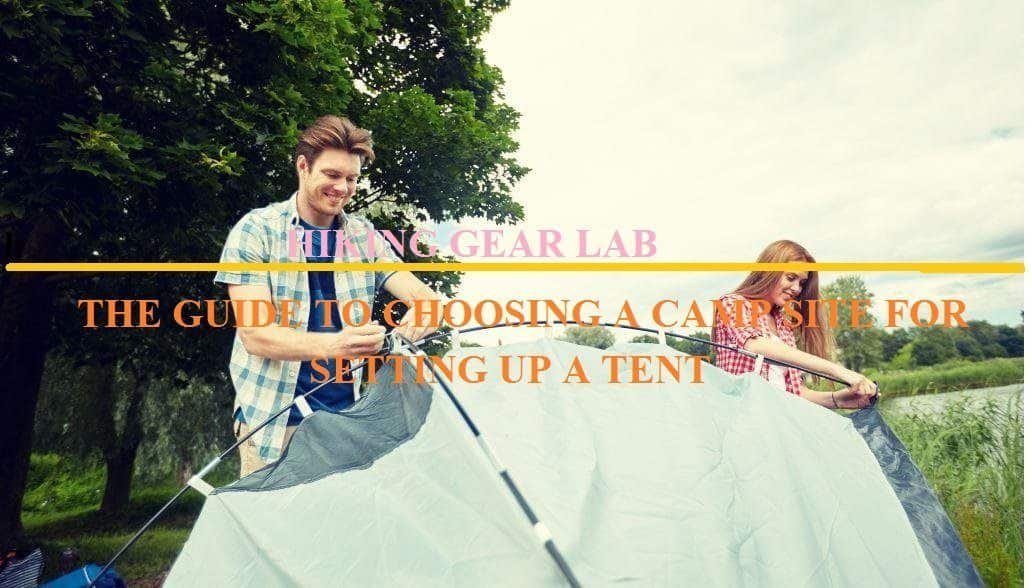
Setting Up a Tent
If you’re new to camping and this is your first-time tent camping experience, the first thing to consider is the time of day. You want to make sure you have plenty of time to assess the campground and set it up before dark falls.
What you should look for in your assessment:
It is highly recommended to follow the below tips. With these tips, your camping will be one of the very best you ever went on and will probably encourage you to camp more often. Some golden tips and tricks will come a long way in making your camping experience a smooth one. These are inclusive of:
- Select a smooth ground
- Choose the site close to restrooms
- Look for cooking/fire spots
- Preferably near to running water
- Select the site near shade/trees
- Find a private spot
- Make sure you are safe
- Look for other amenities
- Set up an area for cleaning
- Be away from pathways to maintain privacy
Smooth Ground
The first thing to look for when selecting a campsite is the ground where the tent will sit. Make sure it’s level and clear of sticks or debris that could damage your camping tent, sleeping pad, or sleeping bag.
You’ll also want to make sure you’re sitting on high ground. You don’t want to wake up in the mud because your campsite is sitting downhill.
Close to Restrooms
Obviously, if you’re out in the wilderness you’re not looking for restrooms. But make sure there’s a spot to heed to the calls of nature. Some public trails have restrooms every few miles. You just may want to push it twenty extra minutes to find something closer.
If you’re setting up your own toilet, look for stable trees and soft ground.
Cooking/Fire Spots
What’s a campsite without a campfire? It’s not a sufficient campsite. You’ll need a campfire for cooking and s’mores of course!
The campfire should be set away from the tent to keep smoke and embers clear. You also need to pay close attention to the trees, shrubs, brush, and dry grass or leaves that may be close by.
Make sure to clear a space for the campfire that won’t pose danger to the surroundings.
Running Water
The only way to survive in the wilderness is with plenty of clean, fresh water.
If you’re on a hiking trail with public water access you might find drinking fountains and other water sources. You may want to set your campsite up close to the water for cooking and cleaning.
If you’re really far up in the hills, make sure you’re always close to clean, running water like a river or creek source.
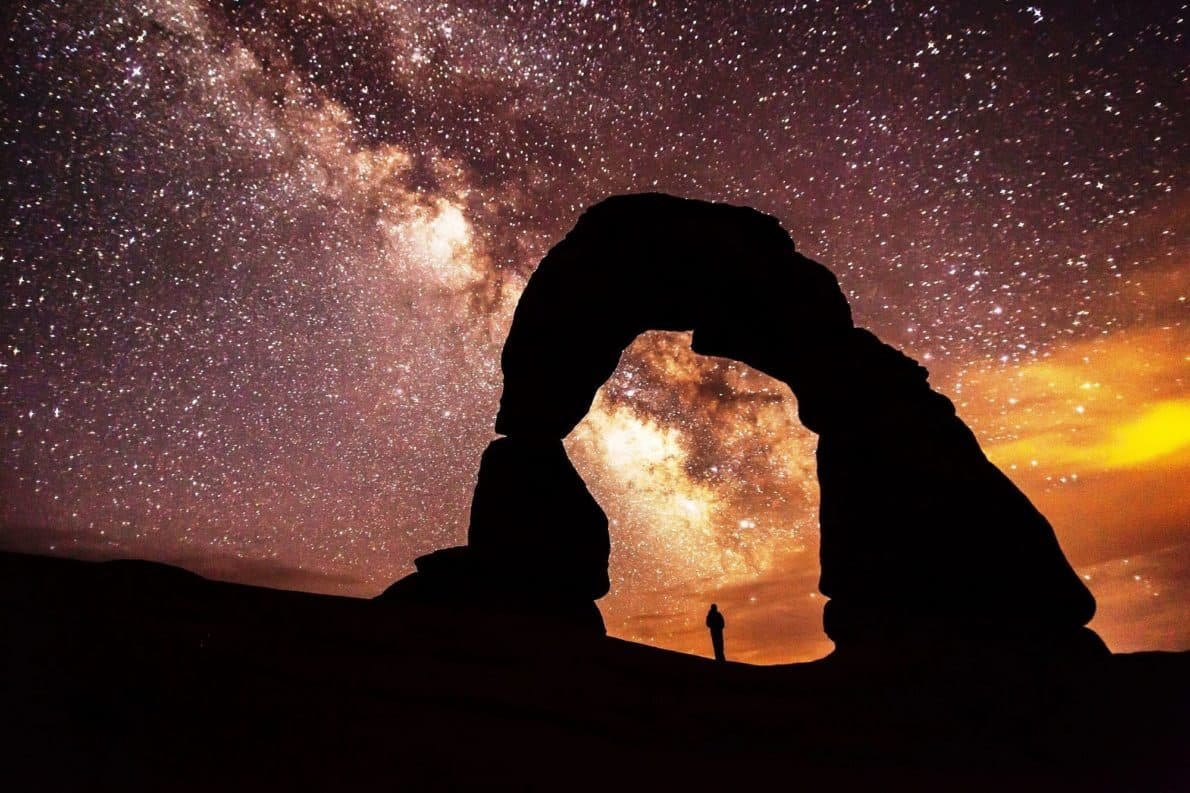
Shade/Trees
Always keep the fire in mind when selecting a campsite with a lot of trees nearby or above.
You may like to use trees to hang garbage to keep it from the bears. Or maybe you’ll hang a hammock in the woods and relax with nature.
It can get hot or cold quickly depending on the time of year.
Shade or no shade can make all the difference in the temperature at your campsite.
Proximities
Depending on where you’re camping, there could be a lot of campers setting up their tents for the night, too.
If you’re a social person, maybe a campsite near other campers won’t be so bad. But always make sure to be respectful of other campers.
If you’re an early bird or a night owl, you may want to find a more private spot.
Safety
We have a lot of options to keep us safe. While most campers try to leave their mobile devices tucked away during their time in the forest, it’s still a good idea to carry one.
Make sure you find a spot that has service!
You need to be prepared in case something goes wrong or there’s an emergency. Don’t get caught in the forest without a signal.
Other Amenities
Sometimes you can’t have it all because the campsite is too small. Or maybe you’re just a light camper and you don’t think you need any extras.
Here are a few things you might forget about when preparing your campsite.
Area for cleaning
Campsites get messy and dirty. Restrooms may be available to rinse off small items. But you may want to find a campsite that has a picnic table or other areas to set up space for cleaning things off.
A small plastic container can serve as a sink dish for reusable tableware or other things that fall in the dirt. You may want to hang a clothesline to dry socks or air out your favorite hiking backpack.
In any case, don’t forget someplace to dust off your hiking boots!
Area for garbage
You’ll probably want to keep your garbage as far away from the tent and campsite as possible. This will help with smell, flies or other bugs, raccoons, and bears.
If there are garbage cans available along with the trail ways or other areas, you may want to find a campsite further away from those areas.
Always, ensure that you leave the campsite as you found it. With respect for the environment and the sake of the group coming next, ensure you leave the place as you had seen it or even better. Ensure you conserve the background at all times regardless of the activity you are carrying out.
Pathways
Pathways will be louder than remote areas, especially if there are restrooms or community trash nearby. Pick your campsite away from trails. Also, try to stay away from areas that may be considered public areas to avoid interruptions and maintain your privacy.
What’s Your Preference?
No doubt, finding the perfect campsite is all about preferences.
You’ll want a place for everything just as you would at home to keep things from getting too messy. Camping is all about enjoying mother nature, while at the same time making sure to leave things as you found them.
The best campsite is an organized campsite. Find one with plenty of space for all that you’ll require besides your tent site.
Depending on the tent you’re using may also depend on your selection of a campsite. You’ll need to think about the size of the site and weathering restrictions like rainfall.
Ultimately, be prepared for your journeys and have fun!
Frequently Asked Questions
1. How can I make my tent better for camping?
Some of the practices to ensure that your tent is best for camping are making the shelter more comfortable and keeping it as simple as possible. Sleeping out in the woods does not necessarily imply that you should be uncomfortable. Therefore it is wise to carry along extra padding, or an inflatable mattress for comfort. Always, carry along comfortable sleeping materials.
2. What do I do to keep my tent warm during the night?
Camping is done outdoors, and weather conditions may change abruptly, so make sure to be prepared. Mostly, it is advisable to make sure that your tent is waterproof to be on the safe side and keep dry at all times. You may invest in cheaper insulators to carry during your camping days or pack hot water bottles to carry along. During outdoor camping, be prepared for any adverse weather.
3. How can I get the most out of camping?
Practice more outdoor activities such as camping around a bonfire and preparing meals, playing outdoor games, spying on animals, and engaging yourself in forecasting the weather conditions.
Consider carrying along with game materials. During camping, there is a lot of free time. One is prone to activities such as hiking, swimming, and mountain climbing. However, we don’t consider games such as board games and cards. These would create an interactive moment as everybody participates, and more fun is experienced during such sessions.
4. Is an oilcloth necessary during camping?
It is not essential to have a tarp under your tent, but it is recommended as it prevents moisture from soaking your tent.
5. What should I not carry while camping?
Avoid carrying perishable foods as this will often be termed as a significant loss. If possible, avoid electronics as much as you possibly can. Pack food that is nonperishable and effortless to prepare. This is camping, which is all about fun and discovering new things. It’s a day off from your café drinks and sumptuous meals. If possible, carry food that can be prepared over the campfire, food that cooks fast, and food that will stay throughout the camp. If possible, include some instant coffee, the best way to start your morning and keep you motivated throughout the day.

